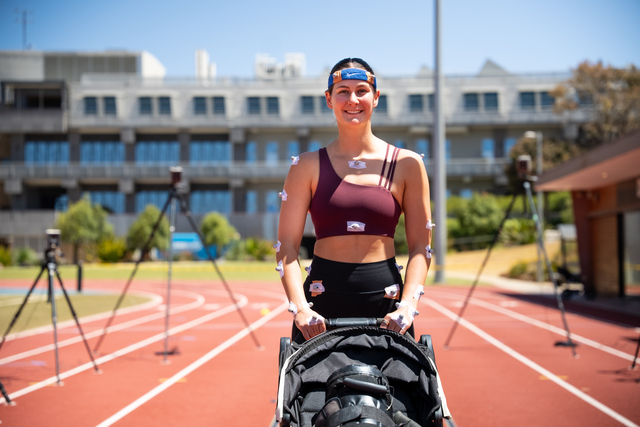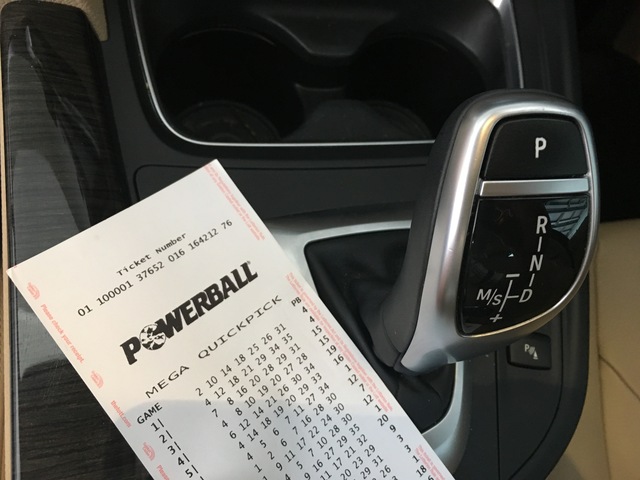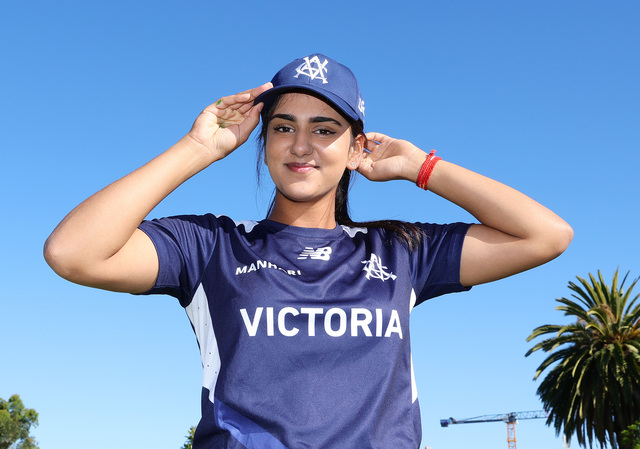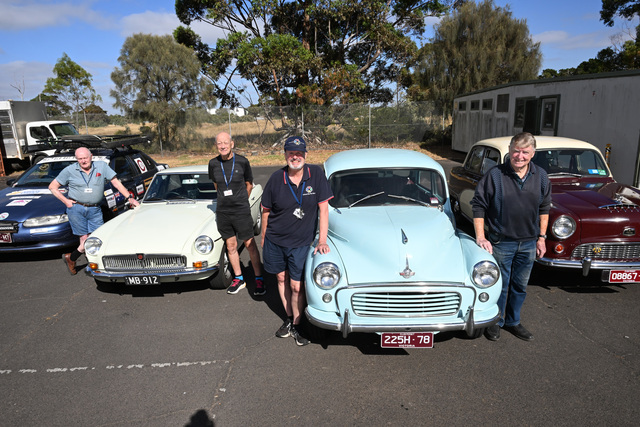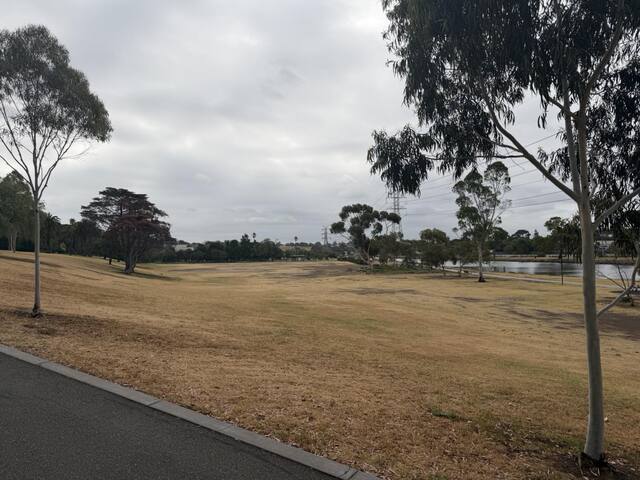The internet, iPads or tablets, notebook computers and ebooks are changing the classroom and the way religion is taught in schools.
The internet can be a minefield of unsupported information, but it can also provide sites that help students further their understanding of religion and religious history. This is what Christian Brothers’ College principal Gerald Bain-King finds beneficial for students, as religious education centres on social issues and moral issues.
“The internet is not only used for research papers or information — the Catholic Church itself has some excellent sites that can be used for teaching and examples. There are also many prayers now that are highly interactive; they range from music and video, and it’s like a multimedia prayer experience. Some have a nature focus, some have a more devotional focus and some even raise social issues.”
Aside from social issues, Bain-King says many students struggle with the notion of where God is, and many can find solace in the interactive prayers.
“For young people, working out where God is can be a challenge, so sometimes [prayers] use nature as a metaphor — the beauty of nature for the beauty of God.”
At Xavier College, year 9 students created a podcast tour of St Patrick’s Cathedral in East Melbourne.
“They can work at their own pace and aren’t dependent on the teacher or have to stay in a group. Instead, they can revisit an area they really like at any time,” says Bernadette Mercieca, Xavier College’s religious education teacher and year 9 religious education co-ordinator. This type of independence has also helped the college’s year 12 religion and society class use social learning platform Edmodo to respond to teachers’ comments and complete quizzes on vocabulary and concepts.
“They find it a fun way to learn, especially the kids who would not enjoy writing it down in a book, they get to learn it through a game context,” Mercieca says.
Games for Change, a social-impact games organisation producing games to teach students about social and world issues and religion, is also used by the college.
“They have role-playing games and last year, they [students] took on the role of a reporter for ways to learn about refugees. They felt they learnt much more from that than from a movie,” Mercieca says.
Bain-King says this freedom and access to technology, which also includes access to religious art and music to enrich the teachings, must be paired with an emphasis on deeper reflection of faith.
“You have to be conscious that the danger of technology is that everything can be skimmed across and everything can be about the sensation, and that’s really good, as long as you take that as a point for deeper awareness and discussion or other things. It can’t be a replacement; rather it’s an addition that gives the students a good starting point and [a chance] to see things that they may not have seen.”



